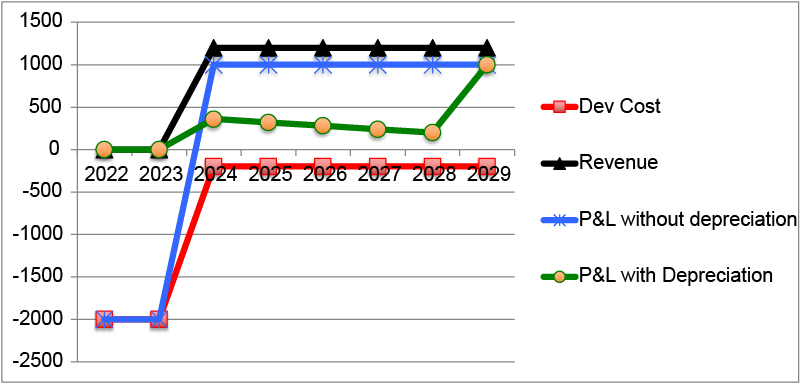-

Reducing Release Duration Can Increase Agility – A Case Study
Shortening the time between releases can have the effect of increasing agility throughout an enterprise. In this article, the author recounts his experience at Citrix Online, and the positive ripple effects Agile techniques brought to the company.
-

Why Should Agilists Care About Capitalization?
In many companies, agile software development is misunderstood and misreported, causing taxation increases, higher volatility in Profit and Loss (P&L) statements and manual tracking of programmer hours. One large company’s confused finance department expenses all agile software development and capitalizes waterfall development; projects in this company that go agile see their headcounts cut by 50%.…
-

Q&A: How can I transform my corporation to agile?
Question Devesh Kumar from Thomson Reuters asks:I am being asked to setup agile in totality. I know to setup agile development teams. What I don’t know is how to handle Agile budgeting, How to migrate VPs to agile in higher management, what must change in HR to support agile, and what other organizational policies must change. Can you help? Answer…
-

Ad Hoc to Agile, Scrum and Scaling
A colleague recently asked whether a team he encountered was agile. Some team members want to use Scrum, but the manager has said, “No. Scrum involves too much process, too many meetings, team members will feel micromanaged.”
-

Promote Corporate Agility
As a company, we sustainably adopt continuous-improvement techniques (iterate, measure, reflect, and adapt) everywhere to rapidly identify market need, explore demand, establish product plans, deliver products and delight customers, and support employees, so we gain greater profitability indefinitely. Agile practices are surprisingly fragile: you can lose them with a manager resignation and/or a bad hire. Agile drives…
-

Should we work over 40 hours per week?
A colleague recently ask for evidence that 40 hours per week is an optimal work schedule. Here is a document that talks about past studies on “crunch time”, working more than 40 hours a week. It shows that after 4 weeks of crunch time work, productivity declines below the productivity teams had in prior weeks…
-

Can You Combine Waterfall and Agile?
Many well-meaning people think they can be the First Person Ever to combine waterfall and Scrum, name their new process with some catchy name, start teaching this Frankenstein system, then cause internal organizational chaos or sloth.
-
Enterprise Scrum Thinking: Part 3 of 3
Dan Greening explores the challenges of scaling Agile and Scrum concepts beyond the team level to project portfolios with executive involvement. Along the way, he discusses forecasting beyond sprints, commitments vs. lies, dashboard heresy, waterfall compatibility and failing safely, among other thought-provoking ideas. [Part 3: 26 min.]. Interview by Dave Prior at ProjectsAtWork.
-
Enterprise Scrum Thinking: Part 2 of 3
Dave Prior interviewed me on the topic of Enterprise Scrum Thinking. In the second part of three, I discuss the experimental mindset of an Agile-run project, how a Sprint is like a science experiment on production (we make a hypothesis, test the the hypothesis and learn from the results), and why fear of failure can…
